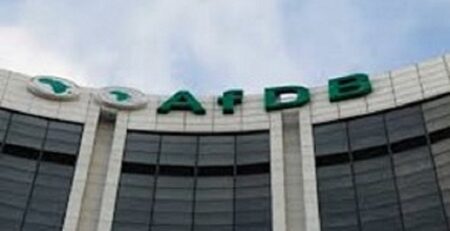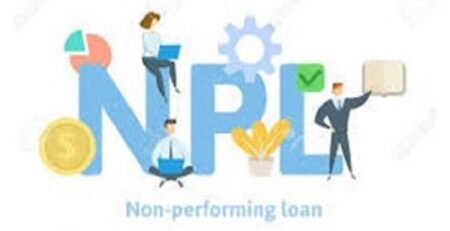Financial literacy empowerment critical tool for investment – Banking Consultant
A Banking Consultant, Mrs. Ramat Ebella Ellis, has described financial literacy empowerment as a critical tool for investment and called for upscaling advocacy among Ghanaians to raise the public’s interest in financial-related issues, especially investment.
“Financial literacy advocacy was key in developing the investment sector of the economy,” Mrs. Ellis who is also an Investment Advisor to the Centre for Greater Impact Africa (CGIA) stated at the Ghana News Agency Tema Industrial News Hub Boardroom Dialogue platform.
Mrs Ellis who is also a Financial Planner said people attributed investments to riches mainly due to the lack of financial knowledge on the benefits and ways to invest irrespective of one’s income level.
Speaking on the topic, “Investment and sustainable development,” explained that investment was for everyone and it was the best way of securing the future for personal sustained development stressing that, “investment is all about what you can do with what you have, it is earmarking money for the future with the hope that it will grow over time.”
Giving some easy ways to invest, Mrs. Ellis said “it was okay to start small, as one does not need to have a lump sum to start investing as even small amounts could help start the journey of future bigger development”.

The Financial Analyst said, “the fact remains that you must put money away for later years or face an uncomfortable situation in the future”.
She encouraged the public to consider investing for longer periods; and urged the potential investors to scout comparing the rates of banks for high-yielding savings accounts with reasonable risk as well as taking advantage of other bank products.
Mrs Ellis who is also the Founder of Girls With Purpose Foundation (GWP) cited some bank products to be considered for investment as treasury bills, fixed deposits, cocoa bills, bonds, trust accounts, shares, and mutual funds among others.
The CGIA Advisor explained that while treasury bills were government initiated, fixed deposits were generated by banks for investment, adding that the public could use the interest rate of treasury bills to do their comparison of the various investment available before launching into one.
She reminded Ghanaians that the higher the returns, the higher the risk involved and, therefore, based on recent happenings in the financial and non-banking sector one should undertake due diligence on high-yield investments.
“A potential investor must do the proper background check, and if possible contact the Bank of Ghana to ensure all legal fulfilments and licenses had been done for the said investment product,” she said.
She encouraged the public to think about diversification by investing in to different available avenues including land, properties, buildings, and real estate among others.
Mrs Ellis also indicated that investment could also be in the form of contributions towards retirement, education, and business explaining that parents could save for their children and hand it over to them to serve as a backbone for them to go into entrepreneurship when they grow.
Source: Modern Ghana














Leave a Reply